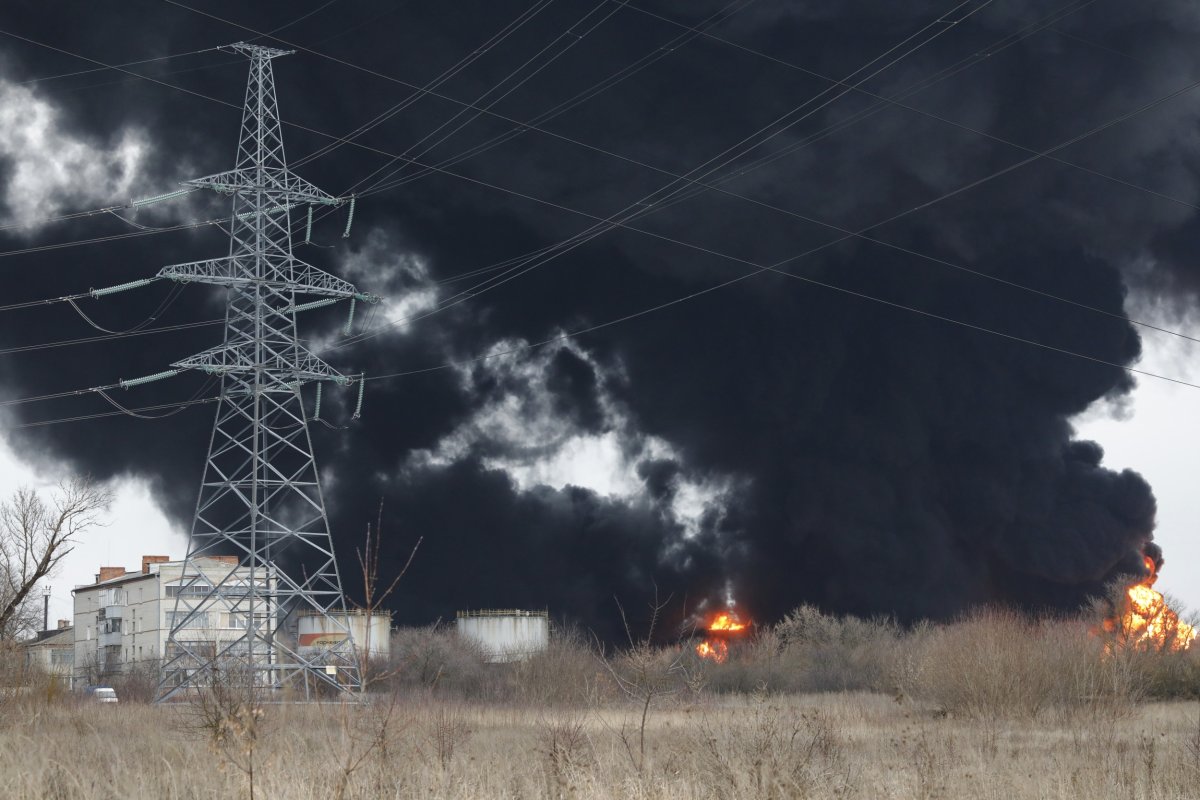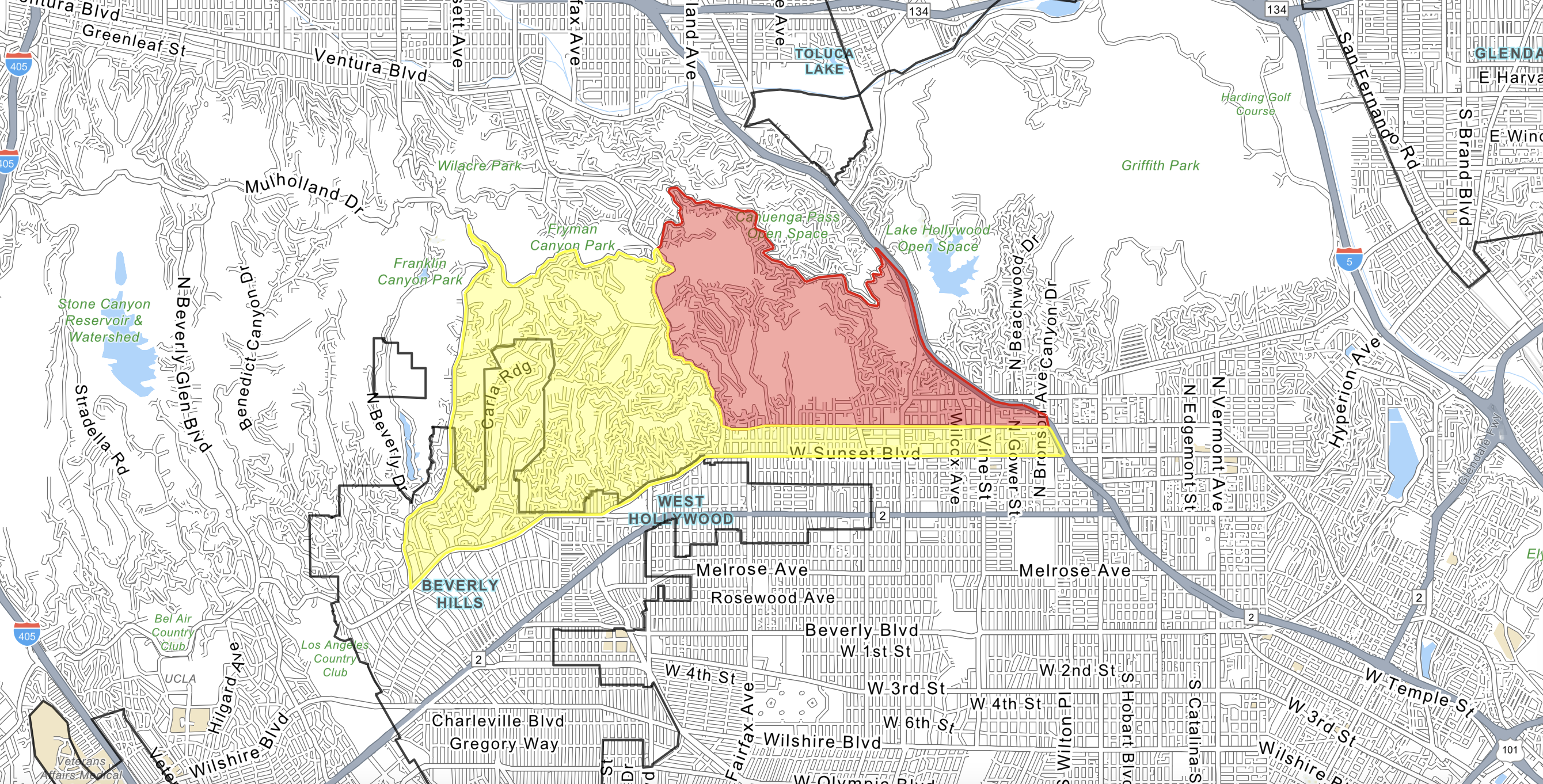Ukraine conducted more than 80 drone attacks on Russian oil refineries and depots in the last year, according to BBC News.
The attacks, which took place in Crimea, occupied Ukrainian territory, and regions of Russia decreased in the second half of the year, but have long-standing ramifications on one of Moscow's top exports. Here is a map created by Newsweek to illustrate the number of attacks and their locations throughout the past year.
Newsweek reached out to the Ministry of Defense of the Russian Federation and the Ministry of Defense of Ukraine for comment via email.

Why It Matters
Ukraine's continued strikes on Russian oil depots and refineries are significant because destroying these facilities may injure Moscow's ability to continue fighting in the nearly four-year war, due to lack of funding.
Repairing the facilities after drone strikes has become more difficult, as sanctions have hampered access to imported equipment, and the reconstruction is costly, as Carnegie Russia Center senior fellow Sergey Vakulenko previously wrote that they are "probably in the vicinity of tens of millions of dollars per plant."
What To Know
Ukraine has repeatedly conducted attacks on Russia's oil refineries and depots to destroy one of Russia's most valuable exports, which is funding their war with Kyiv. At least 64 of the attacks this year caused fires to break out, which, in some cases, resulted in the closure of the oil depot or refinery temporarily for repairs.
BBC News' analysis found that most of the attacks took place in southern Russia, with 20 percent of all attacks taking place in Krasnodar Krai; eight in Rostov Oblast; six in Belgorod Oblast; and five in Oryol and Volgograd Oblasts. In their continued strikes on Russian oil facilities, Ukraine's strategy has shifted, and they now target those used to supply military equipment, rather than their previous targets, which were more often plants that supplied the domestic market with fuel.
Ukraine conducted a drone strike on a Russian oil depot near the Engels air base in southern Russia that houses nuclear-capable bombers today, causing a fire to break out.
One of the largest Ukrainian drone strikes on Russian oil facilities in 2024 was an attack on the Novoshakhtinsk oil refinery in the Rostov region, causing a fire to break out. The largest oil refinery in the country has been subject to previous attacks by Ukraine, one of which destroyed 1.5 million tons of oil and fuel products worth $540 million in July, according to Kyiv.
Ukraine's attacks on Russia's oil depots and refineries may have long-standing economic ramifications, as oil remains one of Moscow's key sources of revenue. Russia increased its estimated oil and gas export sales for 2024 by $17.4 billion, and as of the spring of last year, their oil was still being imported by China, India, Myanmar, Turkey, and some EU countries.
Moscow's average daily production of crude oil hit a 20-year low last year, and this was reportedly due to repairs on the facilities, which were necessary following Ukrainian drone attacks. Kyiv's attacks on oil facilities, in addition to Western sanctions, will likely have significant effects on Russia's economy, with it being the third largest producer of oil globally.
What People Are Saying
Filip Rudnik, a research fellow in the Russian department at the Center for Eastern Studies (OSW), wrote in a commentary article: "The Ukrainian attacks and the resulting drop in fuel production have created a number of challenges for the Kremlin, including the need to deal with logistic tensions, strengthen air defense and increase imports of petroleum products.
"Given the political importance of fuel availability, reduced processing has forced the Russian government to use tools of intervention in order to ensure that the market is adequately saturated.
"For example, it has forced the fuel sector to redirect supplies onto the domestic market at the expense of the foreign markets. Should the Ukrainian strikes continue and cause more temporary shutdowns at refineries, the government will probably have to step up its intervention, and that will generate costs for the state and may lead to market imbalances."
In a post on X, formerly known as Twitter, Roman Sheremeta, a professor of economics at Case Western Reserve University in Cleveland, Ohio, wrote: "Ukrainian strikes on Russian oil refineries are the most effective sanctions! These strikes help burn the oil that fuels Moscow's war machine."
What Happens Next
It remains to be seen whether Ukraine's strategy will continue changing when conducting drone strikes on Russian oil depots and refineries, and what consequences these attacks have on Moscow's economy and war effort.




















 English (US) ·
English (US) ·